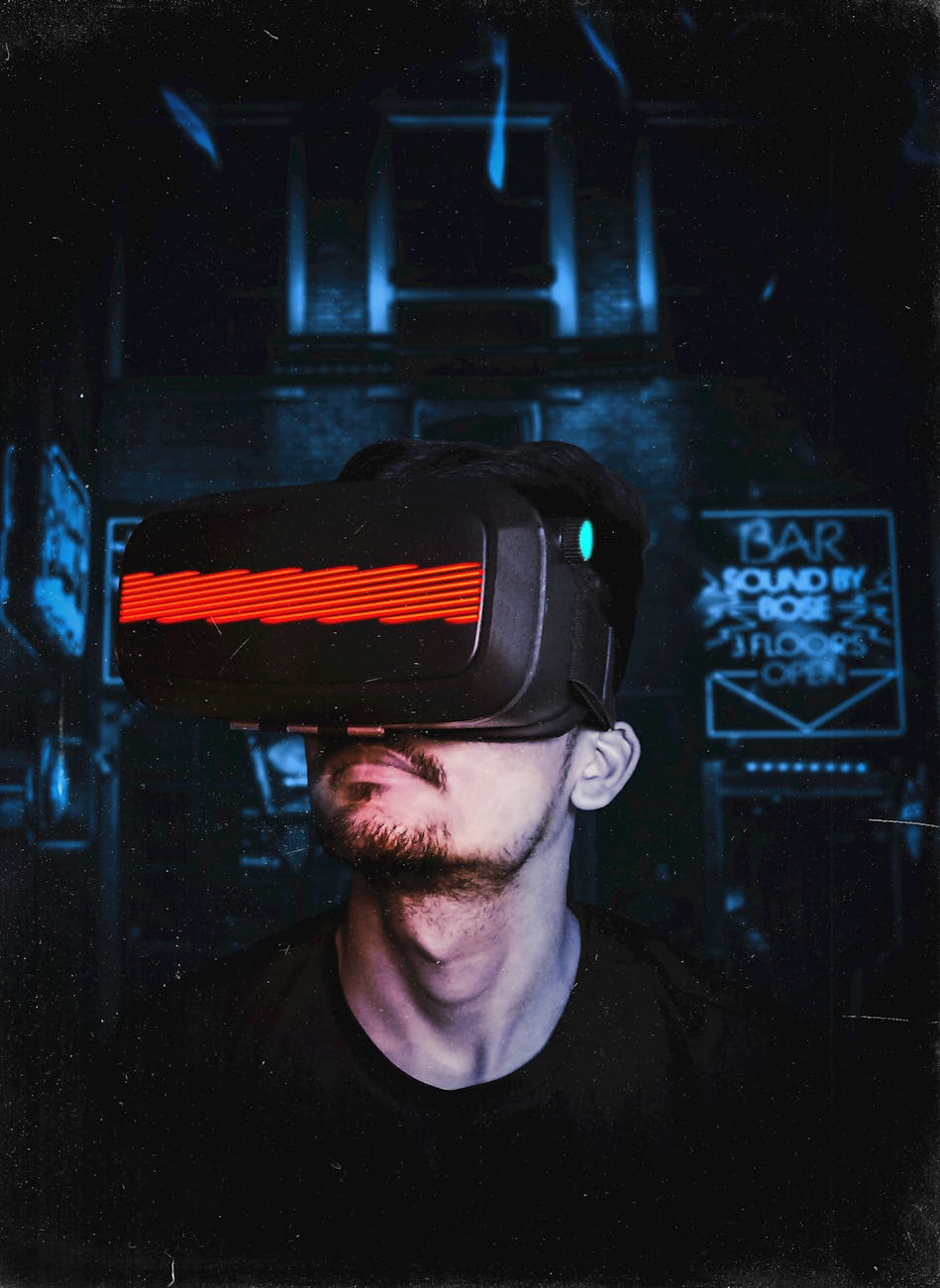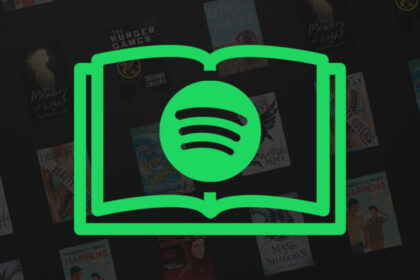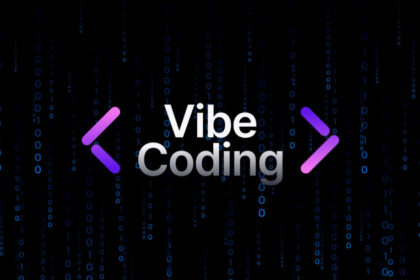If you fell asleep in 2019 and just woke up now, then it’s welcome to the future where AI writes your emails, your money lives in your phone, and remote work is not just a trend, but a whole lifestyle.
In just five years, we’ve gone through a tech transformation so fast, it feels like a time-lapse.
Let’s break down the biggest shifts in technology since 2020 and what they’ve meant for how we live, work, build, and connect.
AI Went from Background Buzz to Front-Page Boss
2020: AI was cool, but niche. Mostly powering backend systems, chatbots, and recommendation engines.
2023–2025? AI became everyone’s co-worker.
The release of tools like OpenAI’s ChatGPT, Google Gemini, and Claude changed the narrative:
- Students were using AI to write assignments
- Brands were generating full campaigns in seconds
- Developers were debugging code with AI copilots
- Lawyers were summarising 200-page contracts in under a minute
What started as a novelty became a utility and now, a necessity.
Impact:
- Reimagined productivity across industries
- Raised existential questions about jobs, ethics, and originality
- Launched a brand-new creator economy for prompt engineers, AI educators, and micro-product builders
Quick fact: ChatGPT reached 100 million users faster than any app in history.

Fintech Redefined Money (and Who Gets to Move It)
Gone are the days when finance belonged to suits in skyscrapers.
Between 2020 and 2025, fintech went hyperlocal and wildly global.
From Chipper Cash and Flutterwave in Africa, to Wise and Revolut in Europe, digital wallets, remittances, and peer-to-peer payments became the norm.
Then came crypto. The rise, the hype, the crash, and the quiet rebuild.
Meanwhile:
- BNPL (Buy Now, Pay Later) became a default checkout option
- Mobile money overtook cash in rural economies
- Teenagers opened digital bank accounts without stepping foot in a bank
Impact:
- Financial inclusion expanded dramatically
- Traditional banks scrambled to stay relevant
- Regulators started sweating over decentralised finance

Remote Work Got Real and Permanent
The pandemic triggered it, but tech made it stick.
Tools like:
- Zoom (yes, it’s still a thing)
- Slack, Notion, Asana, ClickUp
- Virtual HQs like Gather or Teamflow
… turned living rooms into boardrooms.
Then came the second wave: AI-enhanced productivity. Scheduling, transcription, summarisation, ideation, all streamlined by smart tools.
Impact:
- Entire companies went remote-first
- Work culture shifted from time-based to outcome-based
- A global workforce became the new default
And yes, the “9-to-5” officially went into a coma somewhere around 2022.

Healthtech Leveled Up Fast
In 2020, health tech meant telemedicine. By 2025, it means:
- AI-powered diagnostics
- Wearables tracking real-time vitals
- Apps offering CBT (Cognitive Behavioural Therapy)
- DNA-based personalised wellness programs
- Mental health bots offering 24/7 support
COVID forced healthcare innovation into high gear, and the results were lasting.
Impact:
- Healthcare became more proactive than reactive
- Rural and under-resourced areas gained access through mobile tech
- Patients became participants, not just recipients

The Creator Economy Exploded
Five years ago, being a “content creator” still raised eyebrows at family gatherings.
Now? Creators are:
- Writing newsletters with 100K subscribers
- Building 6-figure product lines from IG stories
- Launching courses, communities, and even tech startups
- Earning from fan tips, brand deals, UGC, and platform revenue shares
Platforms like Substack, Patreon, Ko-fi, TikTok Creator Fund, and even X (formerly Twitter) began paying people for attention turned value.
Impact:
- A new class of media entrepreneurs emerged
- Brands began co-creating with creators, not just sponsoring them
- Ownership became the new status symbol
Smart Everything: From Homes to Cities
IoT (Internet of Things) finally went from “it’s coming” to “it’s here.”
We saw:
- Voice assistants everywhere (yes, even in fridges)
- Smart meters managing energy use
- Cities with 5G-powered traffic systems
- Surveillance systems with facial recognition and pattern detection
- Homes that anticipate your needs before you even ask
Impact:
- More convenience but also more surveillance
- Urban infrastructure modernised (especially in smart city pilots)
- Consumer expectations for speed and simplicity skyrocketed
Climate Tech Quietly Became a Big Deal
As global awareness grew, climate innovation stepped up:
- Carbon capture startups raised mega rounds
- EVs went from elite toys to urban staples
- Climate tracking apps entered consumer markets
- Solar tech and clean batteries reached cost parity in many regions
Impact:
- Big Tech started making “net zero” promises (and sometimes keeping them)
- The VC world found a new darling: decarbonisation
- Climate became a feature, not just a cause
This Was Just Five Years?
It’s hard to believe all of these advances in technology happened in just half a decade. And yet, here we are living in a world where AI writes résumés, money moves at the speed of swipe, and entire cities think for themselves.
The real takeaway? Tech doesn’t change gradually anymore. It shape-shifts overnight.
If the past five years felt fast, the next five will feel like light speed.
So whether you’re building, investing, working, or just trying to keep up, now’s the time to pay attention.
Because in tech? Yesterday is already outdated.







